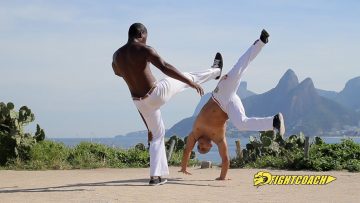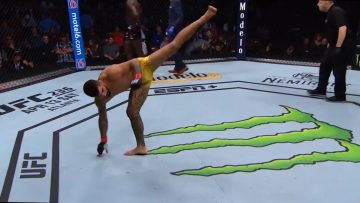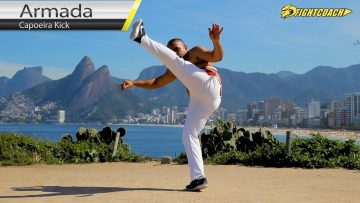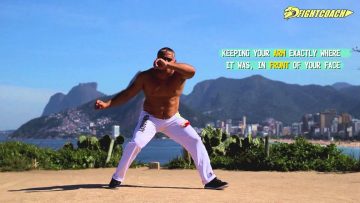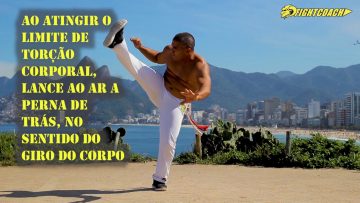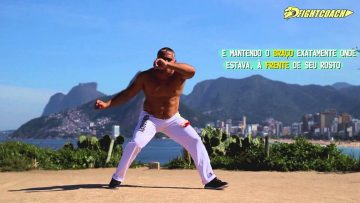MUAY THAI
Muay boran, and therefore Muay Thai, was originally called by more generic names such as pahuyuth (from the Sanskrit bahu-yuddha meaning unarmed combat), Toi muay or simply muay. As well as being a practical fighting technique for use in actual warfare, muay became a sport in which the opponents fought in front of spectators who went to watch for entertainment. These muay contests gradually became an integral part of local festivals and celebrations, especially those held at temples. Eventually, the previously bare-fisted fighters started wearing lengths of hemp rope around their hands and forearms. This type of match was called muay khat chueak (มวยคาดเชือก). Kickboxing was also a component of military training and gained prominence during the reign of King Naresuan in 1560 CE.
Muay Thai is referred to as the “Art of Eight Limbs” or the “Science of Eight Limbs”, because it makes use of punches, kicks, elbows and knee strikes, thus using eight “points of contact”, as opposed to “two points” (fists) in boxing and “four points” (hands and feet) used in other more regulated combat sports, such as kickboxing and savate. A practitioner of muay Thai is known as a nak muay. Western practitioners are sometimes called Nak Muay Farang, meaning “foreign boxer.”


